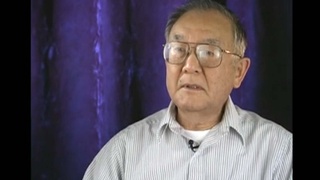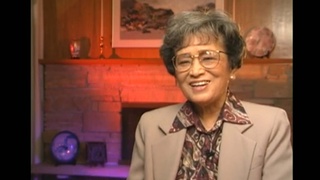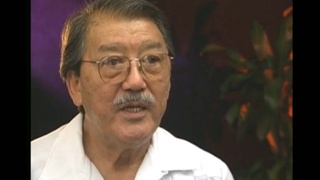Interviews
Deciding to serve on the CWRIC
She [my secretary] told me that Senator [Dan] Inouye [D-Hawai‘i] called and said that you were on the commission [Commission on Wartime Relocation and Internment of Civilians]. Now, backing up from there, I think Mike Masaoka may have called me and asked whether or not I will be willing to serve. I think it was Mike. I understood at that time that Jerry Enomoto’s name was also in the hopper. Beyond that, I don’t know whether any other names were in the hopper or not. Maybe you know. I don’t.
I thought about it after the approach was made, and I thought, my goodness, this is going to be one hot potato. Whoever takes on that job as a Nikkei is going to get burned, either at the front end or the rear end, or in between, or all three. And you’re going to be damned if you do, and damned if you don’t. This is something that’s going to be very controversial and could hurt you. And that gave me great hesitation when I thought about that. That’s the way I viewed it. But it was precisely for those reasons I decided, by god, I’ll take it. I’ll say yes.
And the only thing I can do is that I’ll play it right down the middle, as I see it, regardless of what peoples’ individual feelings are. Play it the way you see it, and let the chips fall where they may. But it was that challenge. The fear of getting into something that was deep and hot. That very fear is the reason why I said yes.
Date: August 27, 1998
Location: Pennsylvania, US
Interviewer: Darcie Iki, Mitchell Maki
Contributed by: Watase Media Arts Center, Japanese American National Museum







